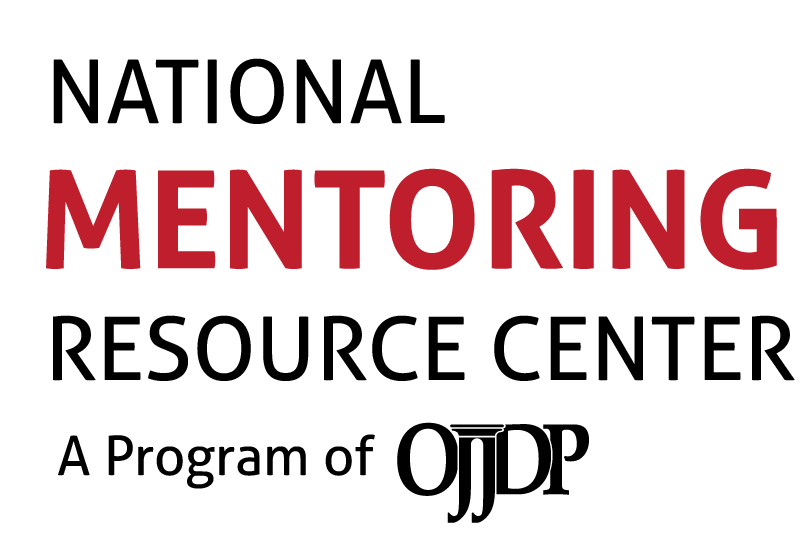OJJDP-sponsored research yields important findings on youth mentoring
DuBois, D. L., Alem, F., Silverthorn, N., & Stewart, K. (2020). Synthesis of OJJDP-sponsored mentoring research. National Mentoring Resource Center. https://nationalmentoringresourcecenter.org/index.php/news-category-blog/468-synthesis-of-ojjdp-sponsored-mentoring-research-2019-update.html
Summarized by Monica Arkin
Notes of Interest:
- Nearly one in five experimental/quasi-experimental studies found that youth participation in mentoring programs yielded statistically significant outcomes.
- Multiple studies reported difficulties with consistent program implementation.
- Six out of 17 reviewed practices were identified as promising: Mentor-Mentee Activity Guidance, Strategies for Preventing Peer Aggression, Bullying, and Victimization, Strategies for Setting and Working on Mentee Goals, Support for Mentor Advocacy, Support for Youth Thriving, and Youth Initiated Mentoring.
Introduction (Reprinted from the Executive Summary)
The primary purpose of this report is to provide a summary and synthesis of 28 research projects supported through the Office of Juvenile Justice and Delinquency Prevention (OJJDP) and completed as of February 2019. Information is also included on the research-related activities of the National Mentoring Resource Center (NMRC) as led by its Research Board. These activities include reviews of mentoring programs, practices, and resources as well as broader reviews of research pertaining to the effectiveness of mentoring as provided through different program models, for specific populations of youth, and for promoting particular types of outcomes. The NMRC also engages in an iterative process with program practitioners to improve program implementation, evaluations, and outcomes. A standardized coding guide was developed to capture information included in the final technical reports from each OJJDP-funded research project, including characteristics of the mentoring programs involved, study participants and mentoring relationships, study methodology, key findings, and author conclusions.
Implications (Reprinted from the Conclusions)
The projects reviewed were concerned primarily with advancing understanding of the effectiveness of mentoring programs in fostering desired outcomes for participating youth. Notably less attention was given to in-depth examination of mentoring relationships formed within programs, the individual and contextual factors that may shape them, and the associations of different types and longevity of relationships with youth outcomes. Almost entirely absent were aims focused on increasing the reach of mentoring programs. Aims of this type might focus on identifying and testing promising strategies for mentor recruitment and retention. Knowledge gained from such studies could help to increase the number of youth able to be served by programs and reduce what has been referred to as the “mentoring gap” (Bruce & Bridgeland, 2014). Also relevant to reach would be investigation of strategies for increasing representation of vulnerable and historically under-served youth populations in mentoring programs. The Research Board of the National Mentoring Resource Center (NMRC) has addressed these concerns in a number of its evidence review activities, such as those focused on different mentor recruitment practices (e.g., youth-initiated mentoring) and the effectiveness and current reach of mentoring for under-represented populations of youth (e.g., LGBTQI). These efforts have been inherently constrained, however, by the limited attention that such issues have received to date within the overall research literature on youth mentoring.
To access this report, click here.









